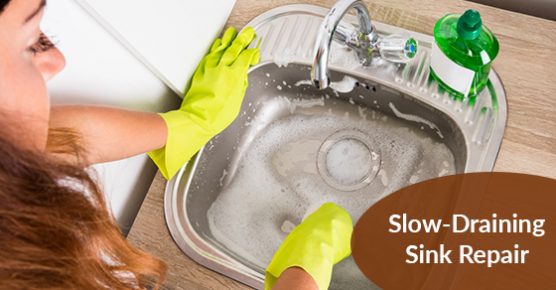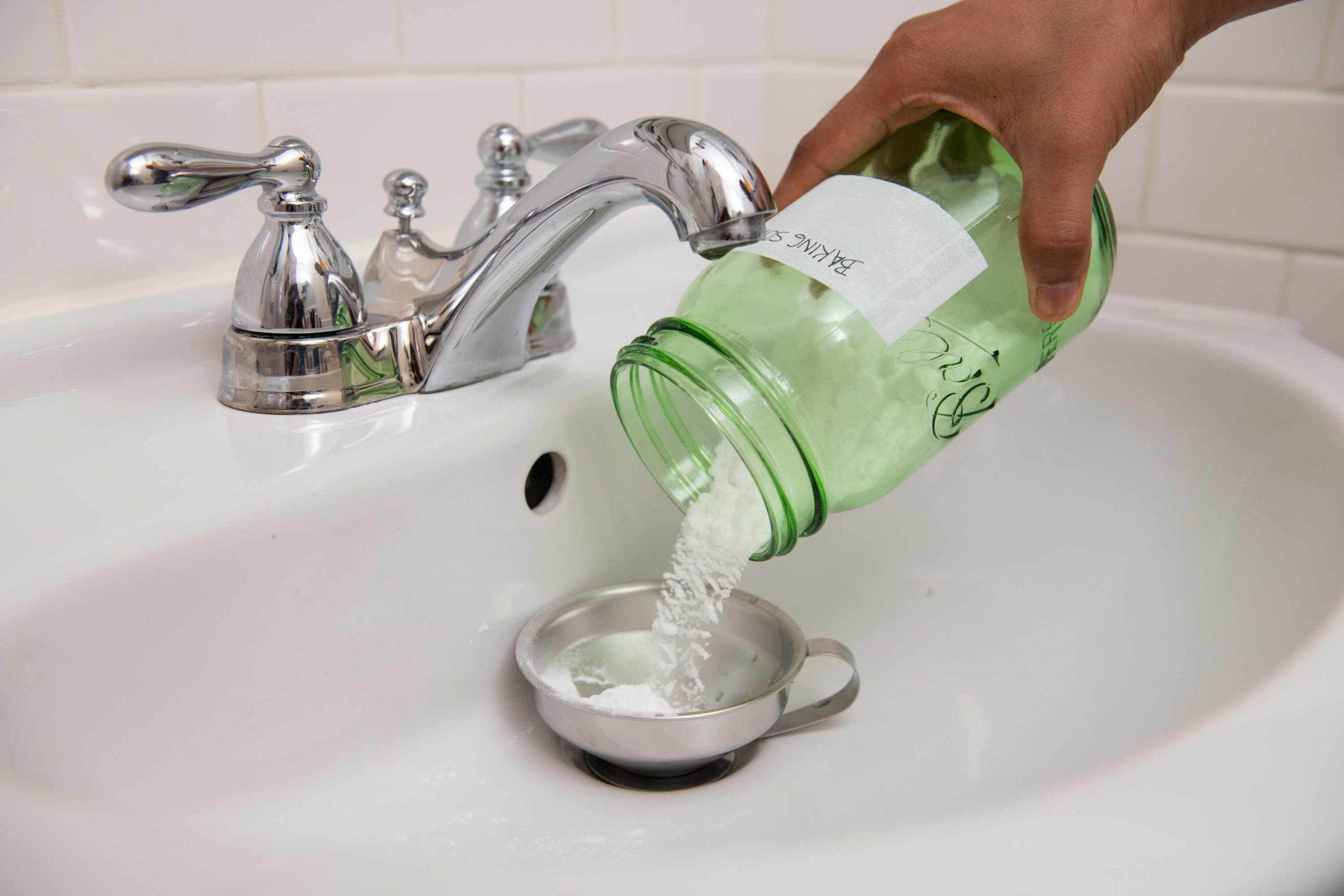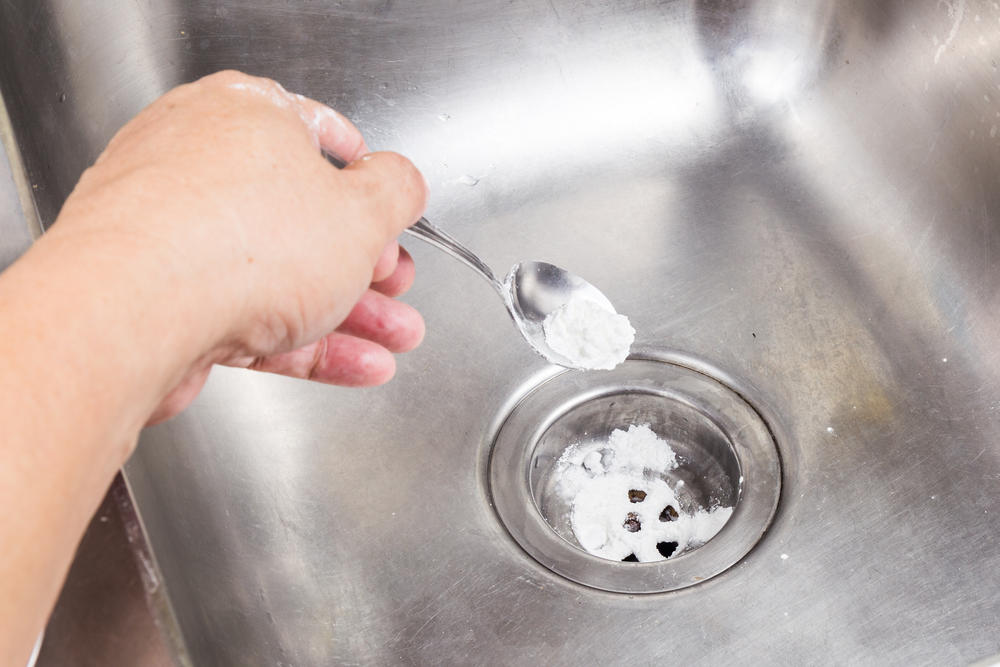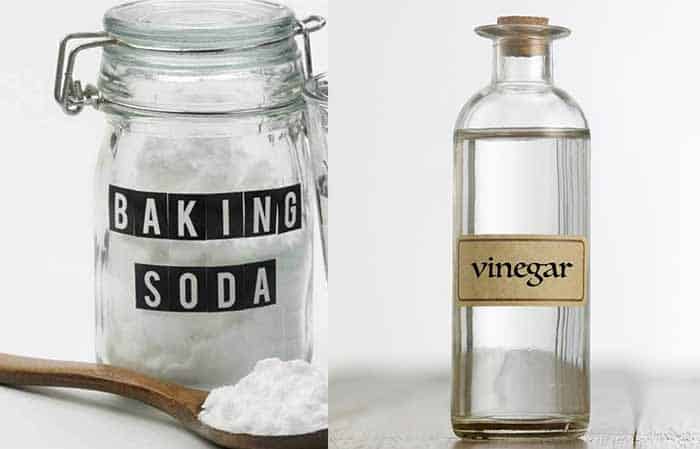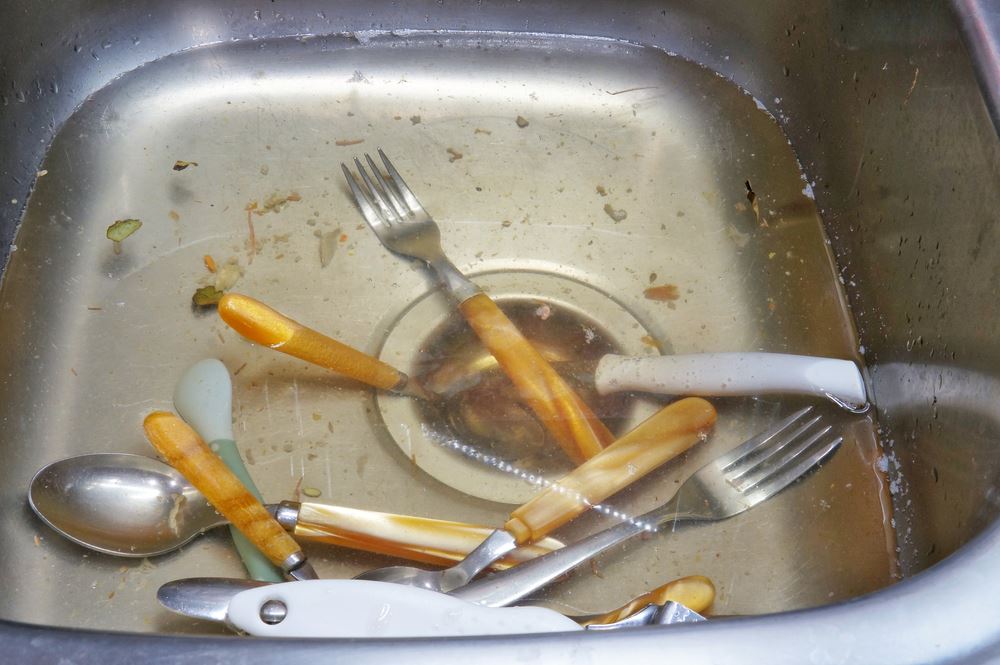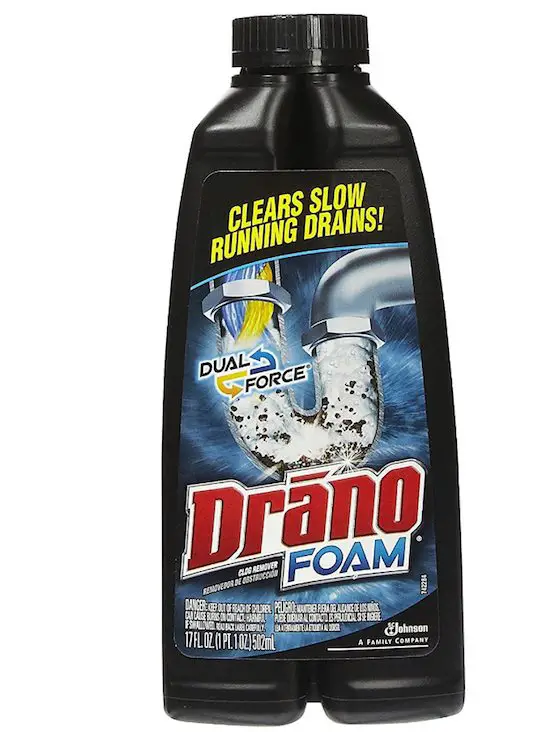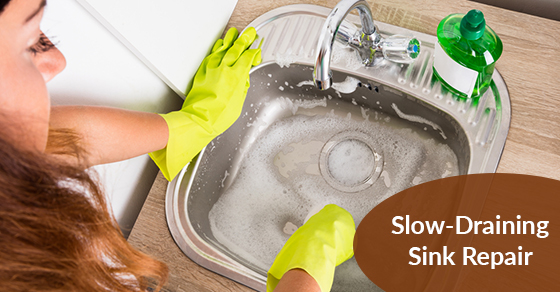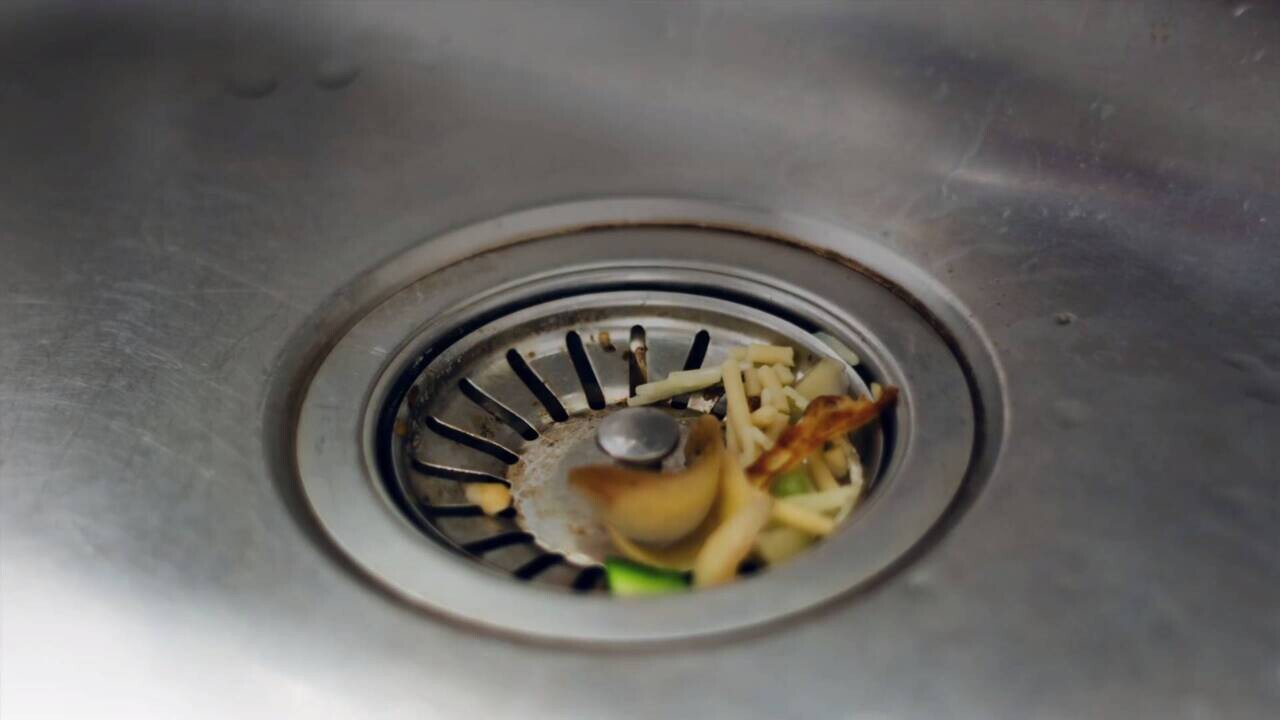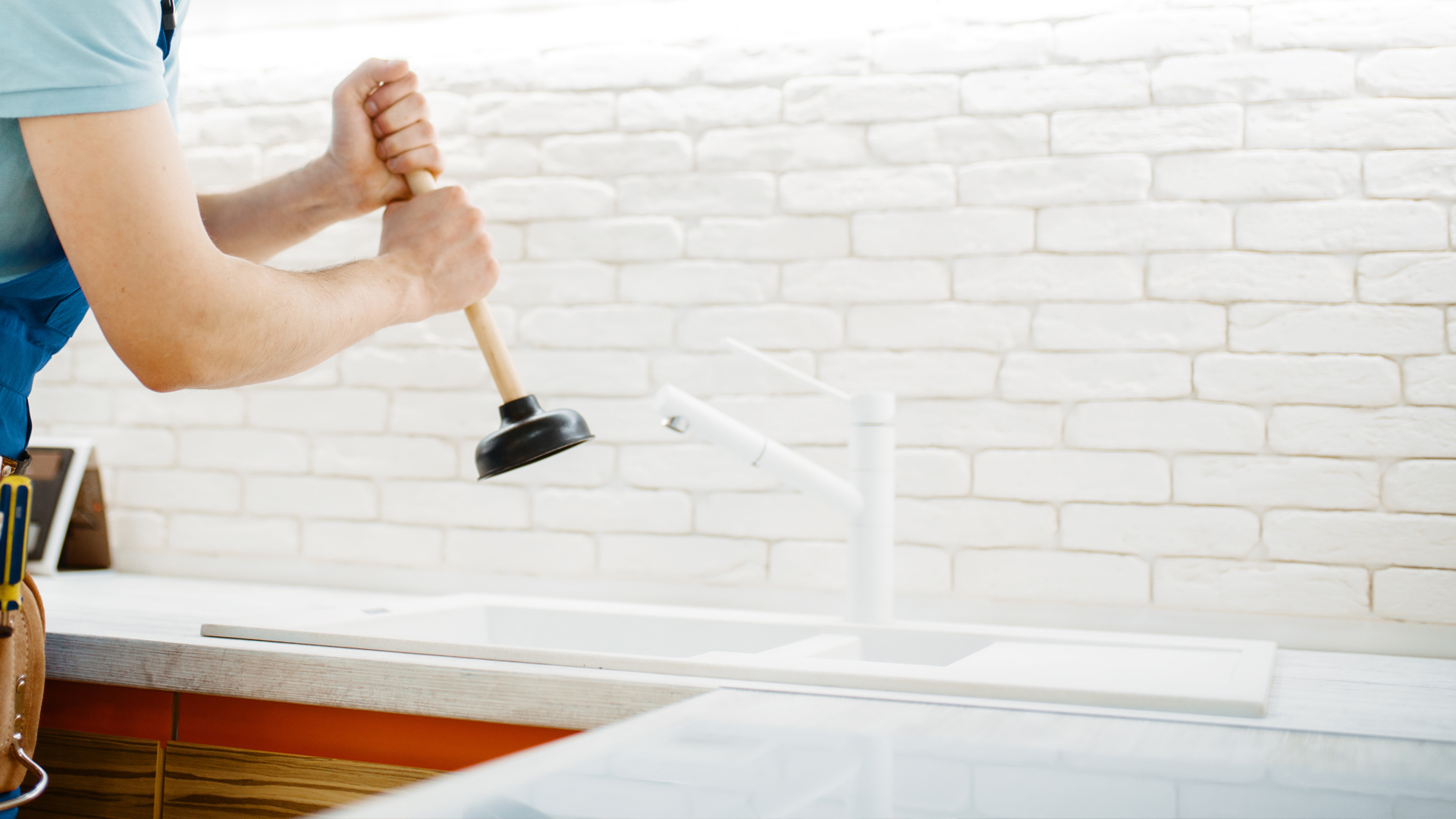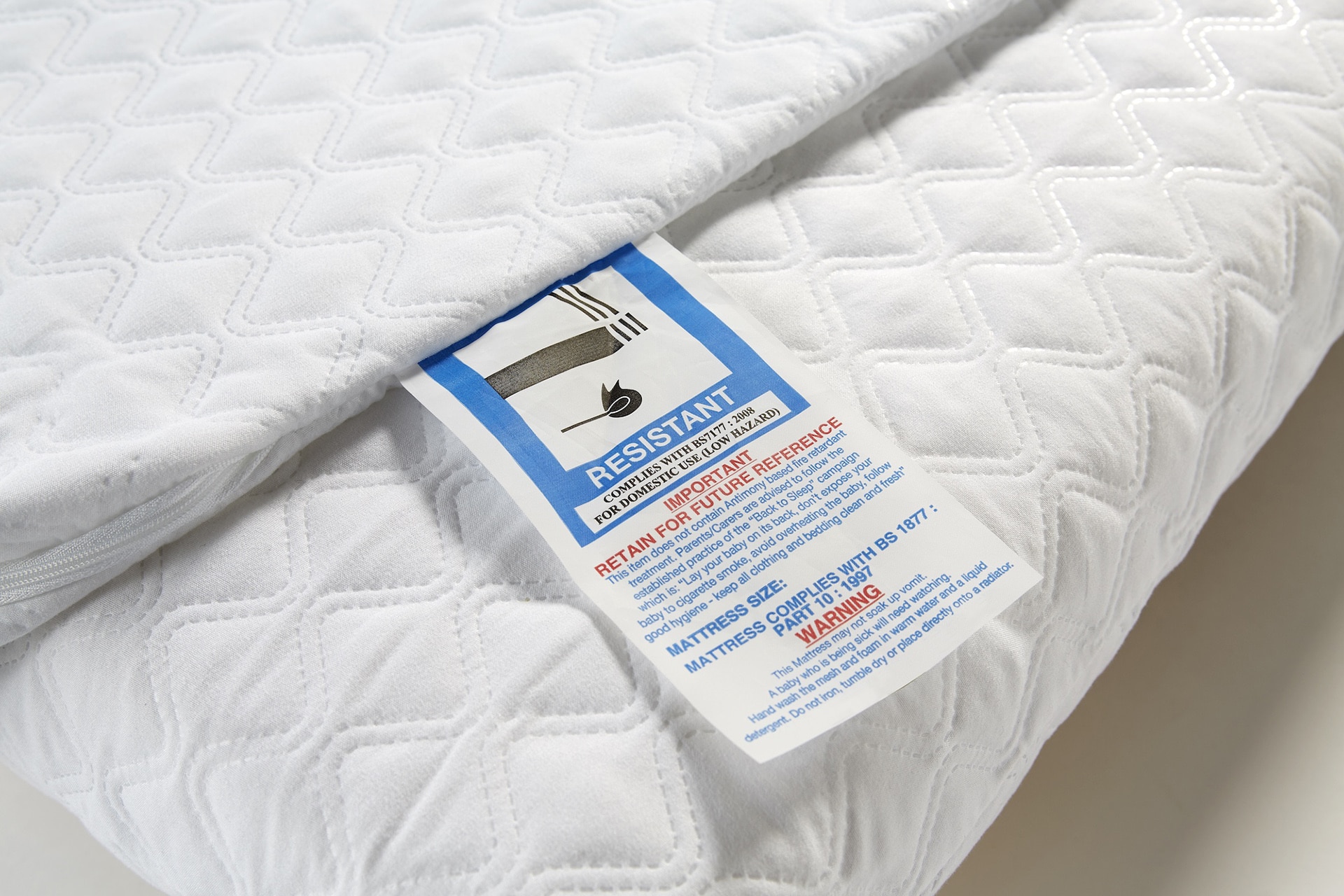Dealing with a slow-draining kitchen sink can be frustrating, especially when you have a busy household and need a functional sink for cooking and cleaning. Fortunately, there are several solutions you can try to unclog your kitchen sink drain and get it running smoothly again. Here are 10 tips to help you fix a slow-draining kitchen sink.Unclogging a Kitchen Sink Drain
If your kitchen sink is draining slowly, it's likely due to a clog in the pipes. The first step is to remove any visible debris from the drain itself. You can use a pair of gloves and a paper towel to pull out any food scraps or hair that may be causing the blockage.How to Fix a Slow-Draining Kitchen Sink
If the visible debris didn't solve the problem, you can try one of these five methods to unclog your kitchen sink: 1. Plunger: Use a plunger to create suction and dislodge the clog. Make sure to cover the drain completely and plunge vigorously up and down a few times. 2. Hot Water and Dish Soap: Pour a pot of hot water mixed with dish soap down the drain. The hot water will help break down any grease or oil buildup, while the soap will act as a lubricant. 3. Baking Soda and Vinegar: Pour 1/2 cup of baking soda down the drain, followed by 1/2 cup of vinegar. Let it sit for 10-15 minutes, then flush with hot water. 4. Salt and Boiling Water: Mix 1/2 cup of salt with a pot of boiling water and pour it down the drain. The salt will help dissolve any buildup, and the hot water will flush it all away. 5. Plumbing Snake: If the clog is deep within the pipes, you may need to use a plumbing snake to break it up and unclog the drain.5 Ways to Unclog a Kitchen Sink
If the above methods don't work, you can try a few DIY solutions to clear out your kitchen sink drain. 1. Baking Soda and Salt: Mix equal parts baking soda and salt and pour it down the drain. Follow with a pot of boiling water to help dissolve the clog. 2. Wet/Dry Vacuum: If you have a wet/dry vacuum, you can use it to suck out the clog from the drain. Just make sure to cover the vent to prevent any debris from getting into the vacuum. 3. Wire Hanger: Straighten out a wire hanger and use it to fish out any debris from the drain. Be careful not to push the clog further down the pipes.DIY Solutions for a Slow-Draining Kitchen Sink
There are a few common causes of a slow-draining kitchen sink. These include: 1. Food Scraps: Food scraps, especially grease and oils, can build up in the pipes and cause a clog. 2. Hair: If you have long hair, it's possible for it to get caught in the drain and cause a blockage. 3. Soap Scum: Soap scum can accumulate in the pipes and trap other debris, leading to a clog. 4. Mineral Buildup: In areas with hard water, mineral buildup can occur in the pipes and restrict water flow.Common Causes of a Slow-Draining Kitchen Sink
If your kitchen sink is completely clogged and none of the above methods worked, it's time to bring out the big guns. Here's how to clear a clogged kitchen sink drain using professional plumbing solutions. 1. Hydro Jetting: This method uses high-pressure water to blast through the clog and clear the pipes. 2. Plumbing Auger: A plumbing auger, also known as a drain snake, is a long tool with a corkscrew tip that can break up and remove clogs in the pipes. 3. Professional Drain Cleaning: For stubborn clogs, it's best to call in a professional plumber who can use specialized tools to clear the drain and get your kitchen sink running smoothly again.How to Clear a Clogged Kitchen Sink Drain
To avoid dealing with a slow-draining kitchen sink, here are a few tips to prevent clogs from occurring in the first place: 1. Use a Sink Strainer: A sink strainer can catch food scraps and hair before they go down the drain, preventing them from causing a clog. 2. Scrape Plates Before Washing: Make sure to scrape any leftover food scraps into the trash before washing dishes to prevent them from going down the drain. 3. Run Hot Water: After using your kitchen sink, run hot water for a few seconds to help flush any debris down the pipes. 4. Avoid Pouring Grease Down the Drain: Grease and oils can solidify in the pipes and cause clogs. Dispose of them in the trash instead.Tips for Preventing a Slow-Draining Kitchen Sink
Baking soda and vinegar are a powerful natural solution for unclogging a kitchen sink drain. The combination of the two creates a foaming reaction that can help break down and dissolve debris in the pipes. Here's how to use them: 1. Pour 1/2 cup of baking soda down the drain. 2. Follow with 1/2 cup of vinegar. 3. Let it sit for 10-15 minutes. 4. Flush with hot water.Using Baking Soda and Vinegar to Unclog a Kitchen Sink
If your kitchen sink is still draining slowly after trying DIY methods, it's best to call a professional plumber for help. They have the knowledge and tools to identify and fix the underlying problem causing the slow drain. Don't hesitate to reach out for professional help to avoid more serious plumbing issues down the road.Professional Plumbing Solutions for a Slow-Draining Kitchen Sink
Identifying the cause of a slow-draining kitchen sink is the first step in fixing the problem. Some common signs of a clogged drain include: 1. Water pooling in the sink. 2. Foul odor coming from the drain. 3. Gurgling noises when water is draining. If you notice any of these signs, it's best to take action and try one of the above methods to unclog the drain. If the problem persists, it's best to call a professional for help. In conclusion, a slow-draining kitchen sink is a common issue that can be solved with a few simple solutions. Try out these tips and tricks to get your kitchen sink back in working order and prevent future clogs from occurring. And remember, don't hesitate to call a professional plumber if DIY methods don't work. With the right tools and expertise, they can get your kitchen sink back to its optimal state in no time.How to Identify and Fix a Slow-Draining Kitchen Sink
Kitchen Sink Water Going Down Slow: Causes and Solutions

Introduction
:max_bytes(150000):strip_icc()/water-overflowing-in-kitchen-sink-200553937-001-5797e6335f9b58461f5a6736.jpg) One of the most common and frustrating problems in a house is a kitchen sink that drains slowly. This issue not only causes inconvenience, but it can also be a sign of a larger plumbing problem that needs to be addressed. In this article, we will discuss the main causes of a kitchen sink draining slowly and provide solutions to fix the issue.
One of the most common and frustrating problems in a house is a kitchen sink that drains slowly. This issue not only causes inconvenience, but it can also be a sign of a larger plumbing problem that needs to be addressed. In this article, we will discuss the main causes of a kitchen sink draining slowly and provide solutions to fix the issue.
Main Causes of Slow-Draining Kitchen Sinks
 There can be several reasons why your kitchen sink is draining slowly. One of the most common causes is a clogged drain. Over time, food particles, grease, and other debris can build up in the drain and cause it to become blocked. Another possible cause is a blocked or poorly installed vent pipe. This pipe is responsible for allowing air into the plumbing system, and if it is blocked, it can cause the water to drain slowly. Additionally, old and corroded pipes can also contribute to slow-draining sinks.
There can be several reasons why your kitchen sink is draining slowly. One of the most common causes is a clogged drain. Over time, food particles, grease, and other debris can build up in the drain and cause it to become blocked. Another possible cause is a blocked or poorly installed vent pipe. This pipe is responsible for allowing air into the plumbing system, and if it is blocked, it can cause the water to drain slowly. Additionally, old and corroded pipes can also contribute to slow-draining sinks.
Solutions for Slow-Draining Kitchen Sinks
 Fortunately, there are several solutions to fix a slow-draining kitchen sink. The first step is to try some simple DIY methods such as using a plunger or pouring hot water and vinegar down the drain. If these methods do not work, it may be necessary to call a professional plumber. They have the necessary tools and expertise to clear out any stubborn clogs and diagnose any underlying issues with the plumbing system. In some cases, it may be necessary to replace old or damaged pipes to improve the sink's drainage.
Fortunately, there are several solutions to fix a slow-draining kitchen sink. The first step is to try some simple DIY methods such as using a plunger or pouring hot water and vinegar down the drain. If these methods do not work, it may be necessary to call a professional plumber. They have the necessary tools and expertise to clear out any stubborn clogs and diagnose any underlying issues with the plumbing system. In some cases, it may be necessary to replace old or damaged pipes to improve the sink's drainage.
Preventing Slow-Draining Kitchen Sinks
 As the saying goes, prevention is better than cure. To avoid facing the frustration of a slow-draining kitchen sink, there are some preventative measures you can take. Firstly, make sure to use a sink strainer to catch any food particles and prevent them from going down the drain. Regularly cleaning the sink and drain with a mixture of hot water and baking soda can also help prevent clogs. Additionally, avoid pouring grease and oil down the drain, as they can solidify and cause blockages.
As the saying goes, prevention is better than cure. To avoid facing the frustration of a slow-draining kitchen sink, there are some preventative measures you can take. Firstly, make sure to use a sink strainer to catch any food particles and prevent them from going down the drain. Regularly cleaning the sink and drain with a mixture of hot water and baking soda can also help prevent clogs. Additionally, avoid pouring grease and oil down the drain, as they can solidify and cause blockages.
Conclusion
 In conclusion, a slow-draining kitchen sink can be a nuisance but is often a sign of a bigger issue. By understanding the main causes and implementing preventative measures, you can keep your kitchen sink running smoothly. If the issue persists, do not hesitate to seek professional help to ensure your plumbing system is in good working condition.
In conclusion, a slow-draining kitchen sink can be a nuisance but is often a sign of a bigger issue. By understanding the main causes and implementing preventative measures, you can keep your kitchen sink running smoothly. If the issue persists, do not hesitate to seek professional help to ensure your plumbing system is in good working condition.
/plumber-unclogging-kitchen-sink-169270382-5797a9355f9b58461f27f024.jpg)



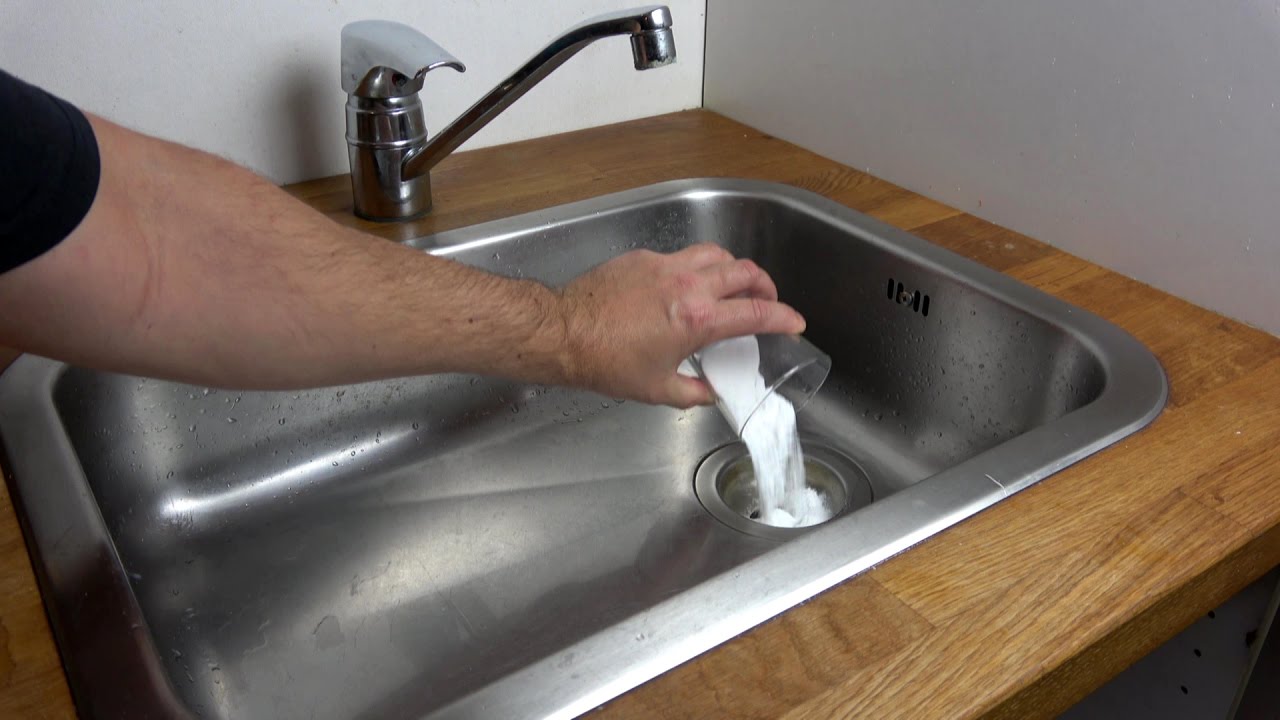



















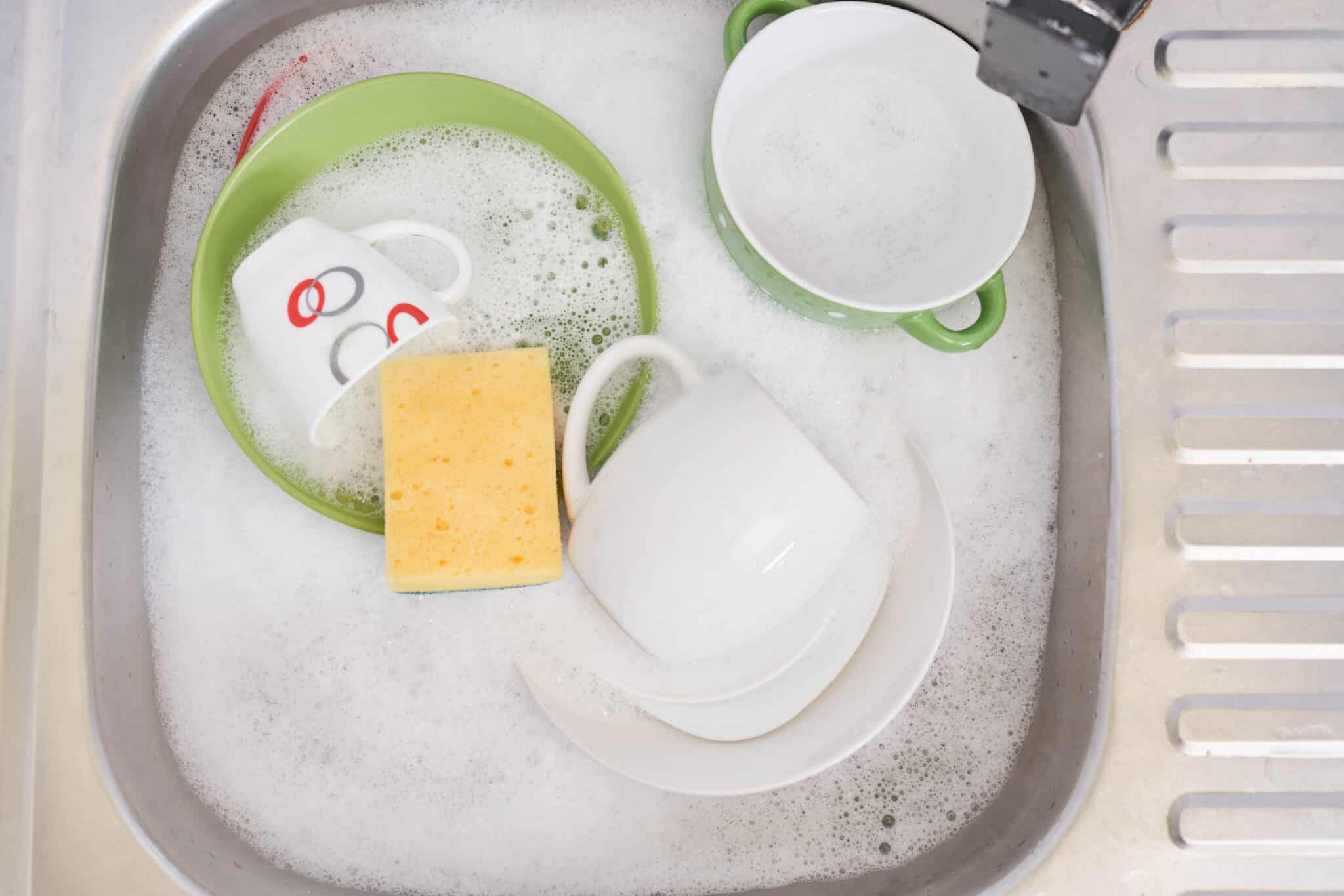




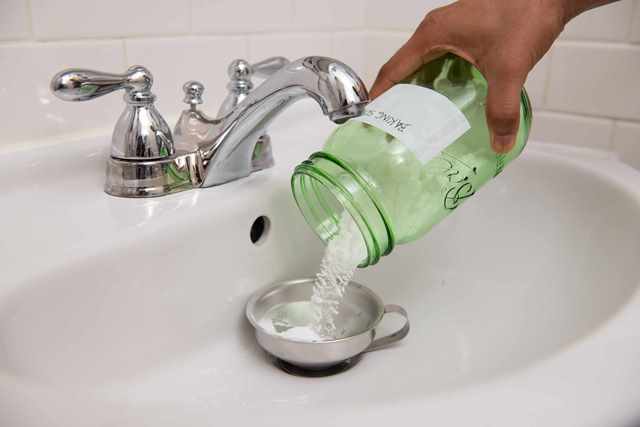
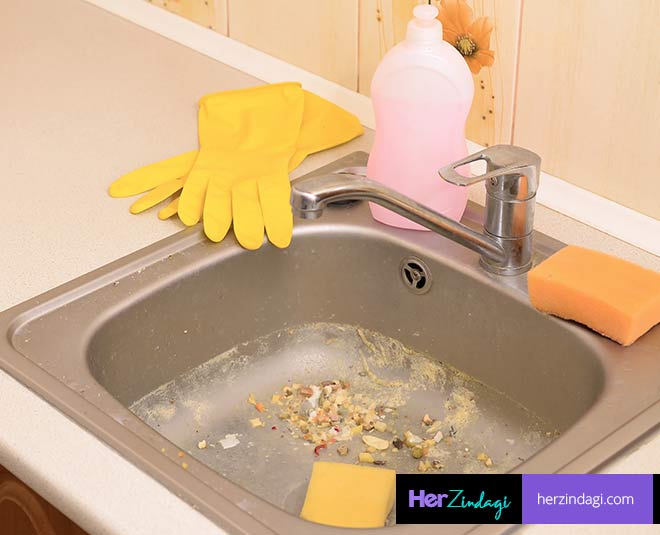
























:max_bytes(150000):strip_icc()/freshen-and-unclog-drain-with-baking-soda-1900466-22-bbf940b70afa4d5abef0c54da23b1d3f.jpg)






